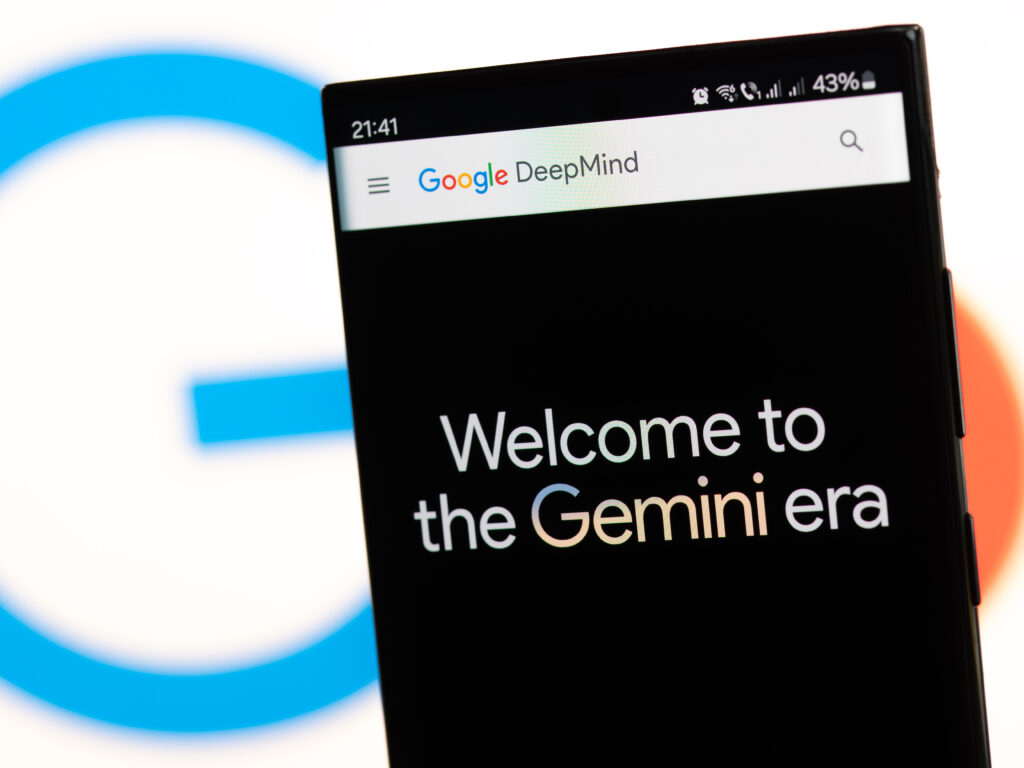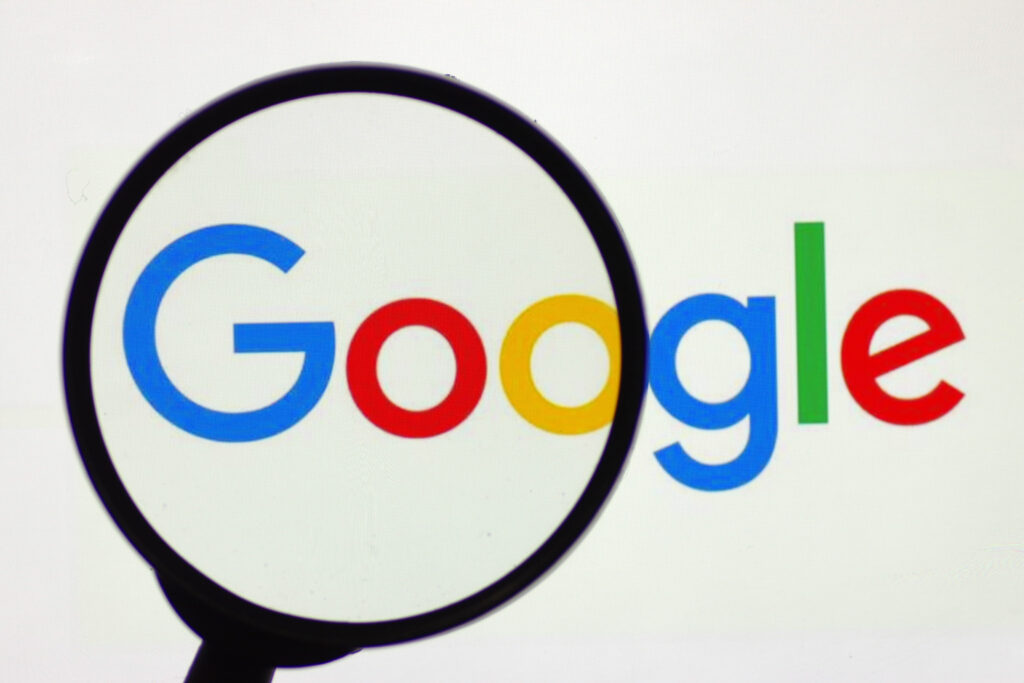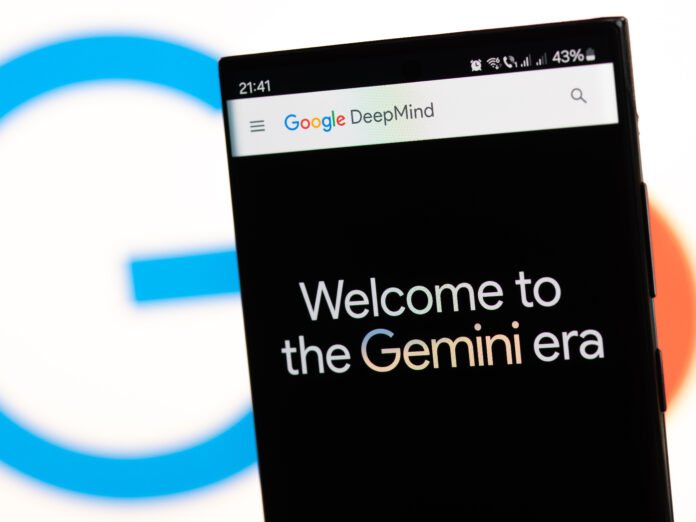In an unprecedented move indicating the growing importance of AI in shaping public discourse, Google has decided to restrict the flow of election-related information that can be sourced through its innovative AI chatbot, Gemini.
This decision underscores a critical juncture in the intersection of technology, information dissemination, and democratic practices, reflecting the company’s commitment to ensuring the integrity of electoral information amidst the proliferating challenges of misinformation.
A Proactive Stance Against Misinformation

Recent years have illuminated the potent role misinformation can play in influencing public opinion and electoral outcomes.
Google’s initiative to limit election-related queries on its Gemini chatbot emerges as a vital measure in curtailing the spread of inaccuracies and fostering a well-informed electorate.
By implementing these restrictions in the United States and India—two countries on the cusp of significant electoral engagements—Google is setting a global precedent for the responsible deployment of AI in the realm of civic participation.
The essence of this decision, as Google outlines, is rooted in an “abundance of caution.”
The tech giant is navigating the complexities of balancing AI’s vast capabilities with the imperative to secure high-quality, reliable information for users engaging with electoral content.
This adjustment to Gemini’s functionality is a part of Google’s broader strategy to enhance its role as a custodian of credible information in the digital age.
Read More: Xiaomi Steps Into Electric Vehicle Market With SU7 Launch
The Broader Implications for AI and Elections
The advent of AI-generated content, including the phenomena of deepfakes, has introduced a new frontier in the battle against misinformation.
Machine learning firm Clarity’s statistics reveal a staggering 900% increase in deepfake production year-over-year, illustrating the urgent need for sophisticated countermeasures.
Google’s recent actions represent a step towards addressing these emerging threats, yet they also spotlight the lingering challenges in safeguarding information integrity in the digital ecosystem.
Questions linger about the efficacy of detection and watermarking technologies in identifying AI-manipulated content. Despite advancements, these tools often lag behind the rapidly evolving capabilities of AI technologies to produce ever more convincing forgeries.
The implications for electoral integrity, as highlighted by concerns from legislative corners and AI ethics advocates, are profound.
The Quest for AI Accountability

Google’s initiative prompts a broader discourse on the responsibilities of tech companies in the era of AI. Sundar Pichai, CEO of Alphabet and Google, has vocalized the company’s focus on developing AI agents capable of performing a wide spectrum of tasks, including refining search functionalities.
This vision for AI’s role in daily life, however, carries with it a mandate for ethical considerations, particularly in contexts as sensitive as elections.
As tech giants like Google, Microsoft, and Amazon invest heavily in AI development, the imperative to anchor such advancements in ethical principles becomes increasingly critical.
The landscape of AI-assisted information consumption is evolving at a breakneck pace, challenging these corporations to not only pioneer technological capacities but also to lead in setting the standards for ethical AI use.
Also Read: Reddit Eyes $748M IPO Raise at $6.5B Valuation Amid Market Slump
Looking Forward
Google’s approach to restricting election-related queries on its Gemini chatbot is a landmark development in the ongoing dialogue surrounding technology, society, and democracy.
This measure, while a significant step, marks just the beginning of what is likely to be an enduring challenge: ensuring the integrity of information within the burgeoning landscape of AI.
As countries worldwide prepare for major electoral events, the role of AI in facilitating a well-informed electorate will be scrutinized ever more closely. Google’s recent move reflects a recognition of this reality and a commitment to being a part of the solution.
Yet, the path forward demands continuous innovation, ethical consideration, and collaboration among tech companies, regulators, and civil society to harness AI’s potential responsibly.
The intersection of AI and democracy is a dynamic frontier, one where the stakes for getting it right have never been higher.
Read Next: Uncertainty Looms as Global Markets Brace for New Inflation Data


